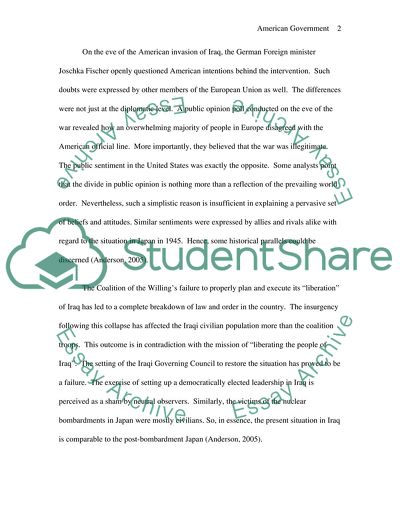Cite this document
(Key Characteristics of American Government Coursework, n.d.)
Key Characteristics of American Government Coursework. https://studentshare.org/politics/1710363-american-goverment
Key Characteristics of American Government Coursework. https://studentshare.org/politics/1710363-american-goverment
(Key Characteristics of American Government Coursework)
Key Characteristics of American Government Coursework. https://studentshare.org/politics/1710363-american-goverment.
Key Characteristics of American Government Coursework. https://studentshare.org/politics/1710363-american-goverment.
“Key Characteristics of American Government Coursework”. https://studentshare.org/politics/1710363-american-goverment.


